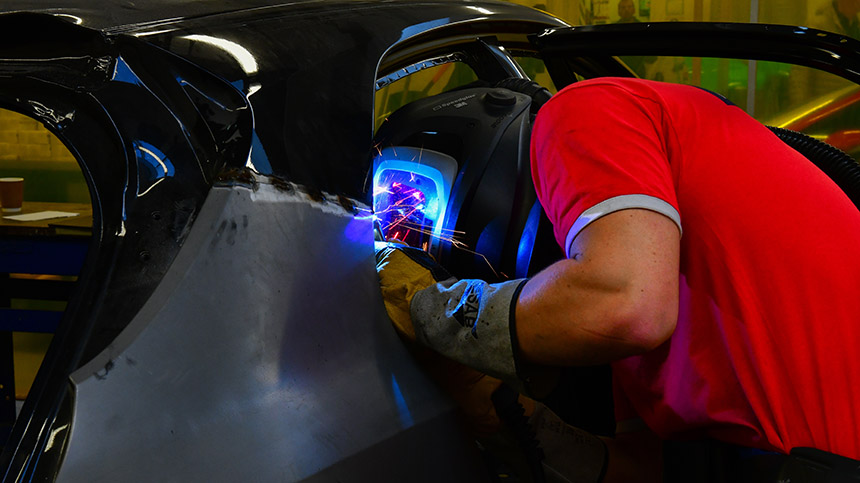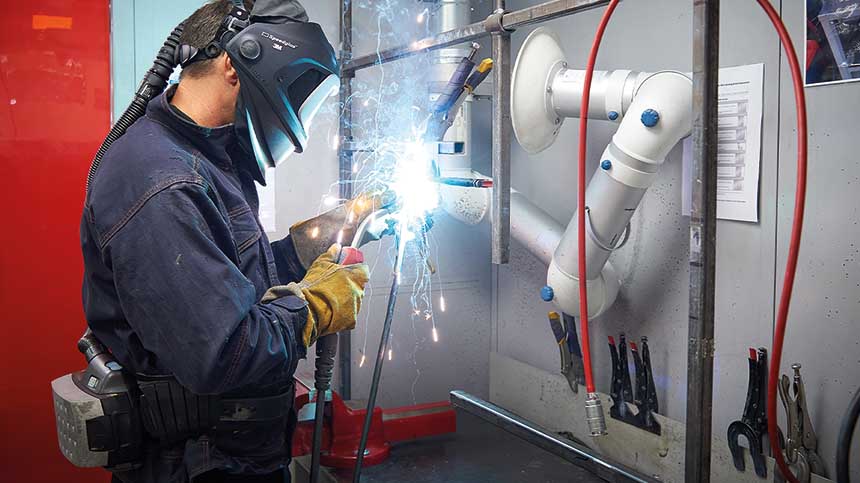IMI cautiously welcomes government’s apprenticeship reforms

The Institute of the Motor Industry (IMI) has cautiously welcomed the government’s new apprenticeship reforms, which are being driven by Skills England.
The reforms, introduced to encourage businesses to invest more heavily in apprentices, include reducing the requirements around maths and English and cutting apprenticeships to a minimum of eight months.
The IMI says that this greater flexibility around apprenticeships is a positive step, but has warned it should not come at the expense of high-quality training and future-proof skills development.
It believes shorter apprenticeships risks diluting the depth of knowledge and practical experience required for highly technical industries like automotive, where precision and safety are paramount.

Apprenticeship reforms lack automotive focus
The IMI also believes that the Strategy misses the opportunity to address the specific challenges in automotive, which currently has a record number of vacancies.
In a statement, the IMI said: “Despite the Labour Party’s pre-election commitment to an automotive strategy, the IMI is concerned that the sector does not appear to be firmly on the government’s radar at this crucial time. This oversight could have significant long-term consequences for the UK’s competitiveness and the delivery of its green ambitions.
“The Skills England Report rightly emphasises the importance of foundational skills and long-term planning to meet the demands of evolving industries. The IMI eagerly awaits the second Skills England report and the forthcoming findings from the Industrial Strategy Green Paper, which will be critical in clarifying how the government intends to support sectors like automotive through these transformative times, and ensure that the workforce is ready to meet the demands of the future.
“The IMI remains committed to working closely with the government to ensure that the needs of the automotive sector are fully considered in the next stage of policy development. It stands ready to collaborate on solutions that address current and future skills shortages, particularly in the context of the transition to net zero and the growth of digital technologies within automotive.”






